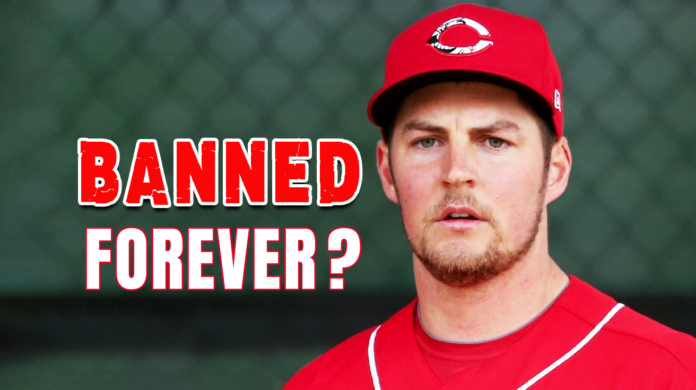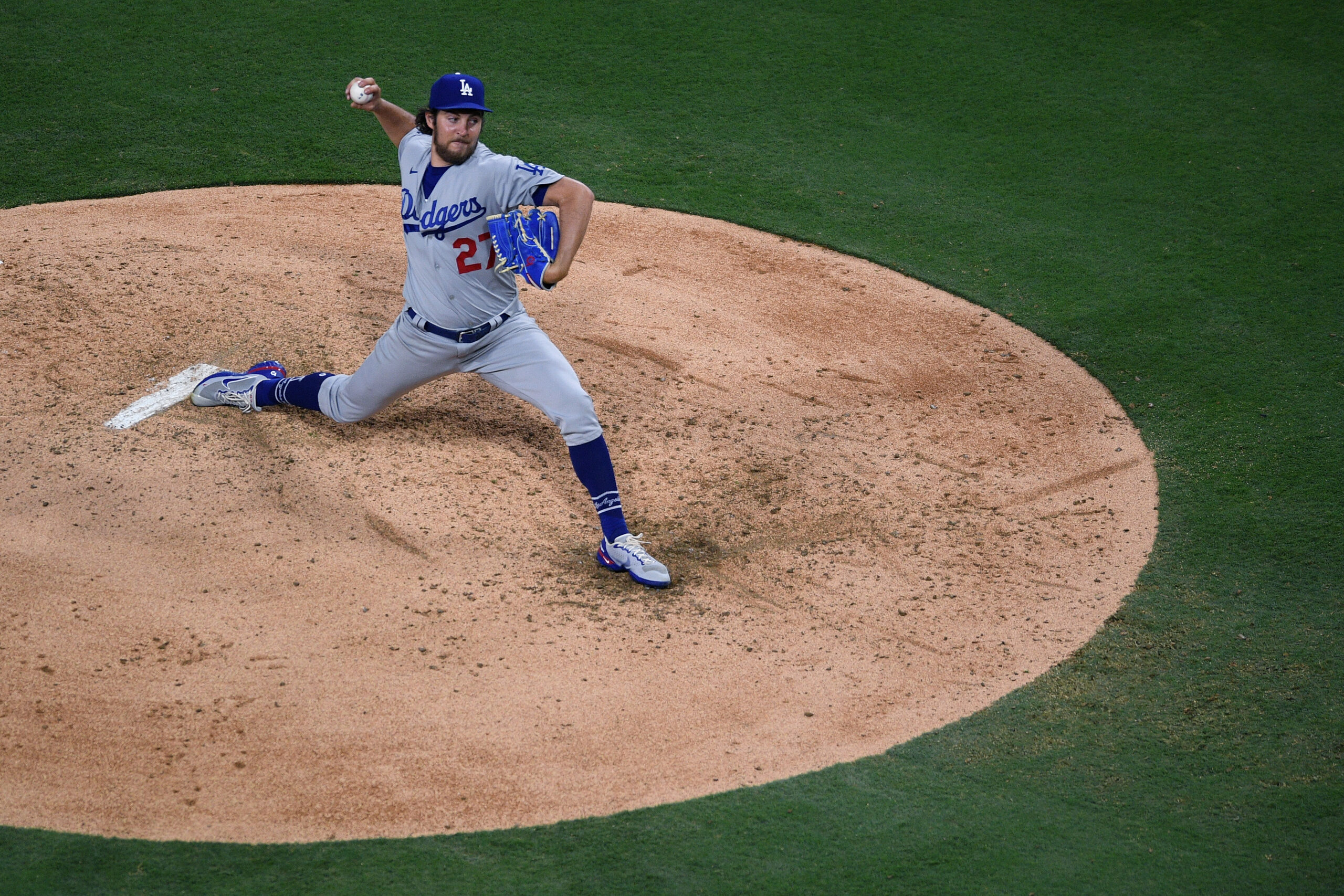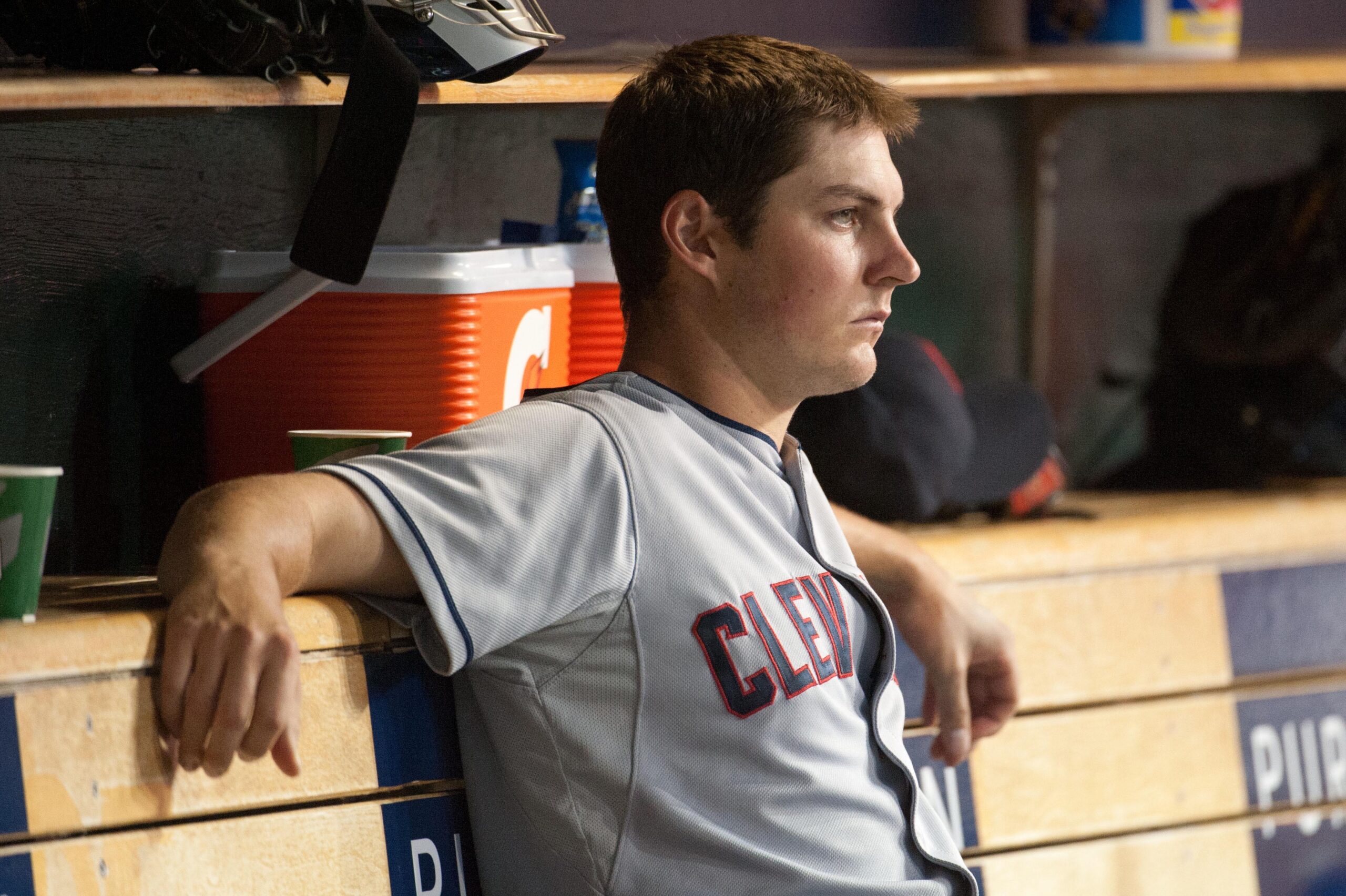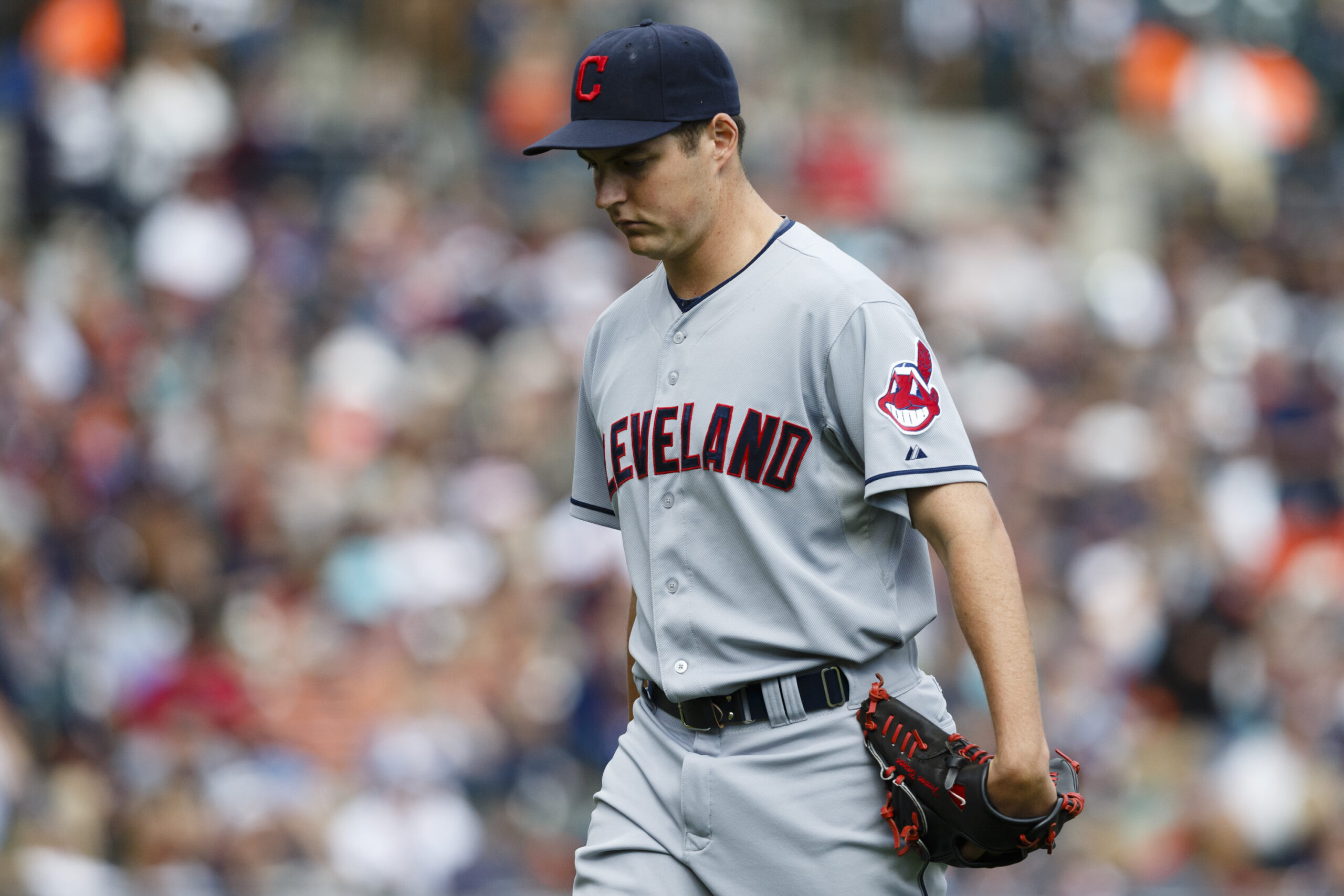
Explore Trevor Bauer’s enigmatic career, from his unconventional rise to dominance to his dramatic fall from grace. This deep dive examines how baseball’s most polarizing figure challenged the sport’s norms while his talent and controversies transformed modern pitching and athlete behavior.
10. Abrasive Advocate or Abhorrent Agitator

Baseball has always had its share of iconoclasts, but Trevor Bauer exists in a category all his own. While the game’s greatest rebels typically challenged unwritten rules or managerial orthodoxy, Bauer seemed determined to dismantle the entire framework of how athletes should behave. His career resembles a physics experiment gone wonderfully right and terribly wrong simultaneously — brilliant results paired with volatile, unpredictable reactions.
Bauer’s story matters because it forces us to confront uncomfortable questions about talent versus temperament. Do we value innovation enough to tolerate its most difficult practitioners? Can we separate the artist from the art when the artist keeps reminding us not to? The answers remain elusive, but the questions themselves have forever altered how we view the relationship between baseball brilliance and personal conduct.
9. Obsession Forged in Adversity

The young Trevor Bauer wasn’t exactly a natural. At age 10, his athletic measurables were dismal: throws barely reaching 10 yards, vertical jump numbers that wouldn’t impress a chess club, and fastball velocity stuck in the 70s. Most kids facing these limitations might have gravitated toward less physically demanding pursuits.
His response to these physical constraints became the blueprint for his career. Bauer developed mechanical adjustments and training methods considered radical at the time. He filmed himself throwing, analyzed the footage frame-by-frame, and created personalized drills targeting specific muscle groups. These early experiments laid the groundwork for a career defined by an almost pathological determination to prove conventional wisdom wrong.
8. Eccentricity Amidst Academic Excellence

High school Trevor Bauer was essentially a contradiction — part honor student with his 4.8 GPA, part pitching savant with his 1.11 ERA. While classmates balanced typical teenage activities, Bauer devoted himself to mechanical refinements and shoulder strengthening with monastic dedication. His infamous shoulder tube became an extension of his arm, accompanying him everywhere from classes to team meals.
This period crystallized what would become the Bauer paradox. His methods produced undeniable results — dominating high school hitters while developing mechanics that would eventually generate elite spin rates. Yet the social cost mounted with each eccentric routine that separated him from peers. Baseball has always had room for oddities, but typically ones that stayed within certain acceptable boundaries. Bauer showed early signs of having no interest in respecting those boundaries.
7. Collegiate Clashes and Contention

UCLA should have been Bauer’s perfect environment — an elite academic institution with a nationally ranked baseball program. Instead, it became the first major stage for the interpersonal drama that would define his career. Future MLB star Gerrit Cole became his foil in a relationship that deteriorated so thoroughly that teammates reportedly needed to separate them on multiple occasions.
Despite these frictions, his collegiate performance demanded attention. Bauer set Pac-10 strikeout records and demonstrated a scientific approach to pitching development rarely seen at the college level. His UCLA tenure established what became a career-long pattern: exceptional performance accompanied by exceptional conflict, leaving coaches and teammates unsure whether the production outweighed the disruption.
6. Trade Winds and Musical Musings

Most top draft picks get at least a few years to establish themselves with their original organization. Bauer lasted just 18 months with the Diamondbacks before being shipped to Cleveland. His minor league stint featured the kind of volatility that makes talent evaluators nervous — explosive outbursts when removed from games, confrontational interactions with coaches, and a stubborn insistence on his training methods above team protocols.
After one particularly heated incident required him to apologize to teammates, Bauer responded with perhaps the most unusual damage control attempt in baseball history — releasing a rap song called “You Don’t Know Me.” This musical detour perfectly encapsulated the Bauer experience. While most players might quietly rebuild relationships through conventional means, he chose a public, provocative response that simultaneously expressed his frustration and reinforced concerns about his judgment.
5. Drones, Disasters, and Divisions

Many ballplayers golf or fish to decompress from the pressures of a 162-game season. Not Bauer. He built drones. His Cleveland tenure featured an expanding portfolio of outside interests that increasingly concerned team officials. The organization’s worries proved prophetic when his drone hobby produced one of the strangest October injuries in baseball history — a severed pinky finger that required stitches before a critical ALCS start.
The drone incident highlighted the fundamental tension of Bauer’s approach to baseball and life. His refusal to conform extended beyond pitching mechanics to his entire existence as a professional athlete. While teams expect certain sacrifices during championship pursuits, Bauer maintained his right to a life outside baseball, even when those interests occasionally interfered with his primary job. The injury represented a perfect microcosm of his career: fascinating, preventable, and ultimately destructive.
4. Digital Diversions and Numerological Notoriety

Bauer treated Twitter like a personal laboratory for testing limits. His stated goal of expanding from 100,000 to 10 million followers reflected both ambition and a fundamental misunderstanding of how athletes typically build sustainable public personas. His “69 Days of Giving” campaign and arbitration request for $6,420,969.69 revealed an adolescent fixation with numerical humor that professional organizations typically discourage.
These calculated provocations worked perfectly for their intended purpose — attracting attention. What Bauer never seemed to grasp was the difference between productive and counterproductive attention. While some fans appreciated his authenticity, front offices increasingly viewed him as a potential liability regardless of his talent. His social media approach reflected his broader inability to distinguish between breaking meaningful baseball barriers and simply being disruptive for its own sake.
3. Triumphant Talent and Tacit Transgressions

The 2020 season validated Bauer’s methods in the most definitive way possible. His 1.73 ERA didn’t just lead the league — it represented a complete statistical domination across virtually every meaningful pitching metric. His NL Cy Young Award offered irrefutable evidence that, whatever one thought of his personality, his approach to pitching development worked. For a pitcher who had spent years insisting the baseball establishment had it wrong, the trophy represented the ultimate vindication.
Yet even this crowning achievement came with controversy. Bauer publicly suggested fellow pitcher Gerrit Cole used foreign substances to boost spin rates, allegations that later proved largely accurate when MLB cracked down on sticky substances. The accusations highlighted Bauer’s complicated relationship with baseball ethics — he simultaneously exposed genuine issues within the game while alienating peers and officials who might otherwise have embraced his innovations.
2. Lucrative Los Angeles Lament

The Dodgers’ decision to sign Bauer to a three-year, $102 million contract represented more than just a record payday. The deal signified baseball’s ultimate establishment franchise embracing the sport’s ultimate anti-establishment figure. Los Angeles, with its analytics-driven front office and championship expectations, seemed like the perfect environment for Bauer’s talents. His early performances, including his provocative one-eyed pitching demonstration, suggested his on-field value might finally outweigh concerns about his behavior.
The massive contract reflected how far baseball had evolved in valuing performance above conventional notions of team chemistry. Organizations increasingly prioritized measurable production over subjective evaluations of character. The Dodgers gambled that Bauer’s elite spin rates and strikeout numbers would matter more than his social media antics and interpersonal conflicts. It was a wager they would soon regret for reasons that transcended baseball entirely.
1. Allegations, Anxieties, and Ambiguous Avenues

The sexual misconduct allegations that emerged in 2021 transformed Bauer from baseball’s most polarizing active player to a figure whose career hung in limbo. A woman sought a restraining order following encounters with Bauer, and reports revealed another woman had filed similar charges in 2019. The accusations triggered a legal and administrative process that removed him from the field indefinitely, with many executives privately suggesting he might never return to MLB.
These serious allegations forced baseball to confront questions about separation of personal conduct from professional performance. Unlike his previous controversies that primarily affected teammates and organizations, these accusations involved potential harm to others outside baseball. The legal proceedings and subsequent suspension highlighted the limitations of viewing athletes purely through the lens of performance metrics. Bauer’s story became less about spin rates and more about the responsibilities that come with the privilege of playing professional sports.





